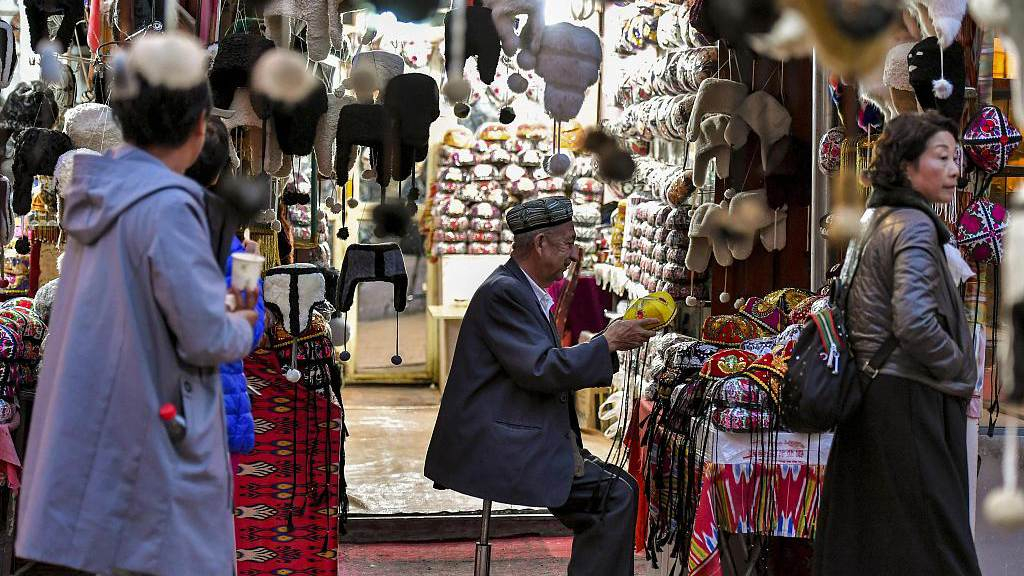Counter-terrorism, de-radicalization proven methods of protecting human rights in Xinjiang
Xinhua | Updated: 2019-12-07 15:50

BEIJING -- The most fundamental human right is the right to a safe life, and only by ensuring people's safety can human rights be protected.
It is a fundamental task of any responsible government to remove the malignant tumor of terrorism and extremism that threatens people's lives and security to protect their rights to life, health and development.
The counter-terrorism and de-radicalization efforts in Northwest China's Xinjiang, a key battlefield in the fight against terrorism and extremism in China, serve as essential and effective methods to protect the human rights of all people.
Since the 1990s, especially after the Sept 11 attacks in the United States, the "East Turkistan" forces inside and outside of China have stepped up their collusion as terrorism and extremism spread around the globe, trying desperately to establish "East Turkistan" through "Jihad" (holy war).
In the name of ethnicity and religion, they deceitfully used people's ethnic identities and religious beliefs to instigate religious fanaticism, spread religious extremism and incite common people to join in violent and terrorist activities. Some of the most susceptible followers, no longer possessing any self-control, became extremists and terrorists who heartlessly slaughtered innocent people.
From the 1990s, terrorists, separatists and extremists plotted and carried out several thousand acts of terrorism in Xinjiang, killing many innocent people, leaving several hundred police officers dead and incurring an enormous amount of property loss.
They killed ordinary people, assassinated religious leaders, endangered public security and planned riots.
The Xinjiang Uygur Autonomous Regional Government has done what it needed to do to protect society. Worthwhile results have been achieved through counter-terrorism and de-radicalization efforts carried out in accordance with the law.
Since 2014, Xinjiang has destroyed 1,588 violent and terrorist gangs, arrested 12,995 terrorists, and seized 2,052 explosive devices.
Among the efforts to address extremism and terrorism at its source, the local government has taken measures including improving public wellbeing, promoting knowledge of the law through education, and offering education and aid through vocational education and training centers in accordance with the law.
The centers help trainees rid themselves of extremist ideologies who have been deceived by or even joined terrorist forces and committed minor offenses and equip them with better education and vocational skills.
Thanks to these measures, Xinjiang now enjoys social stability, sound economic momentum and harmony between ethnic groups. And more importantly, Xinjiang has not had a single terrorist attack in the past three years.
People of various ethnic groups living in Xinjiang are in a better position than others to judge the human rights situation there.
























